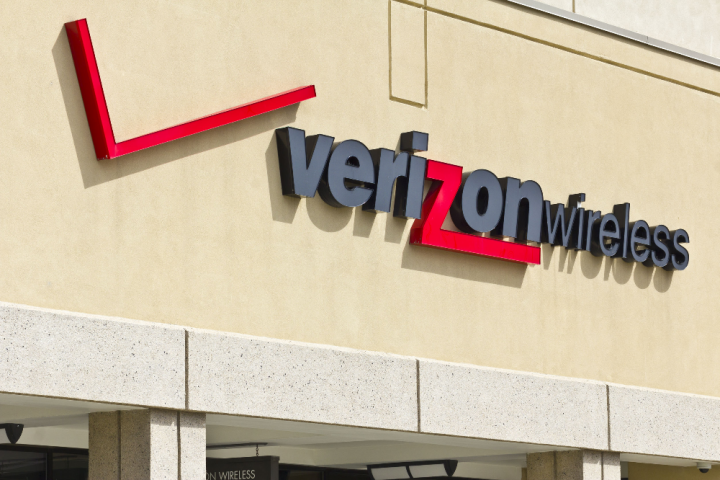
Here’s how it would work, in theory: Verizon’s partners would fork over a set sum — between $1 and $2, per the report — for every device onto which the carrier preloaded their applications. To put that in perspective, a single promotion could translate to tens of millions in collective downloads — at last count, Verizon had 75 million postpaid smartphone subscribers, and it commands more than 50 percent of the cellular market.
Said apps would then download automatically after a device was activated to reflect the newest promotions. Reportedly, it would only be Android device manufacturers at the carrier’s mercy — Apple retains significantly autonomy where the iPhones’ software is concerned.
Verizon began pitching the gatekeeper idea to “retail,” “finance brands,” and other commercial sectors in earnest several months ago, but now appears to have reconsidered — it’s “unclear” whether the carrier sold any app installation packages to advertisers, AdAge reported.
Assuming the report is true, it would be the most brazen — and potentially intrusive — form of mobile advertising ever attempted by a carrier. An AdAge source called the offering “unique among telcos,” and an opportunity for brands to launch ephemeral promotions that would potentially gain a wide audience among Verizon’s captive audience of subscribers.
But it wouldn’t have been a perfect system. AdAge points out that users could have simply ignored the app downloads or uninstalled them entirely. Either way, it would be advertisers’ dollars on the line. “If a user is not interested, they just delete it without activating, but you’re still billed for it as a brand,” one unnamed brand executive told the publication.
The other problem? Verizon currently lacks a way to target app downloads to particular demographics, meaning middle-aged parents could’ve woken up to Hello Kitty app on their homescreen, or grandparents to a Taylor Swift album. “If you want to get a lot of downloads, verified, in a short period of time, it’s great because it’s baked right into the phone,” said AdAge’s source. “It’s a low threshold, low cost way to gain scale, but if you don’t have a follow up strategy for engagement, then you’ll probably have a lot of waste.”
In any event, fear of subscriber backlash may have put the kibosh on things. Most subscribers, it almost goes without saying, would not have been pleased to discover unwanted apps on their phones. And Verizon has been in hot water for aggressive advertising tactics before: in March, the carrier agreed to pay a $1.35 million fine for the use of a “supercookie” technology that the Federal Communications Commission said recorded customers’ internet activities without permission.
Verizon’s purchase last year of AOL, and its more recent acquisition of Yahoo, are perceived as stepping stones toward the building of a considerably sophisticated ad platform. Mobile is expected to form its heart: the Wall Street Journal reported earlier this year that Verizon hopes to use cellphone customers’ geographic location data in order to improve targeting.

